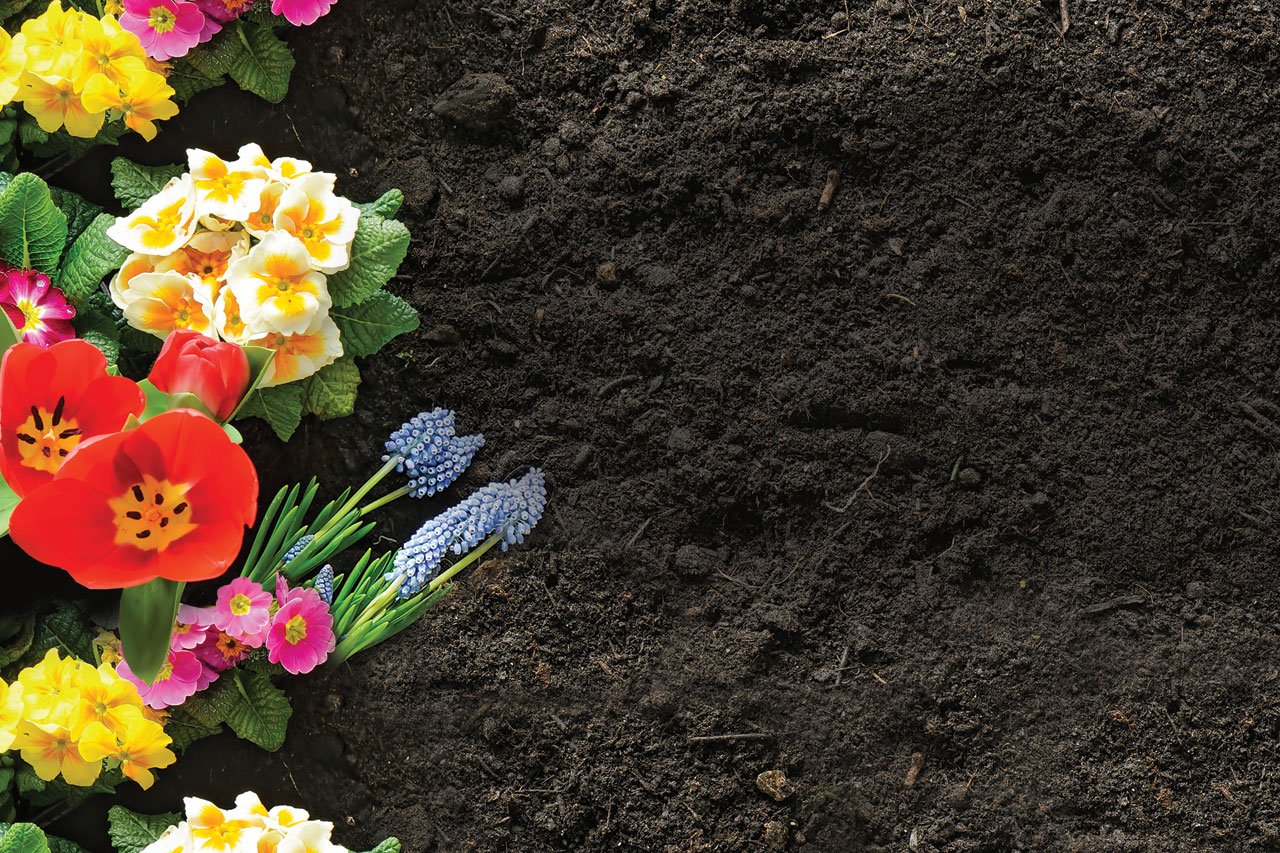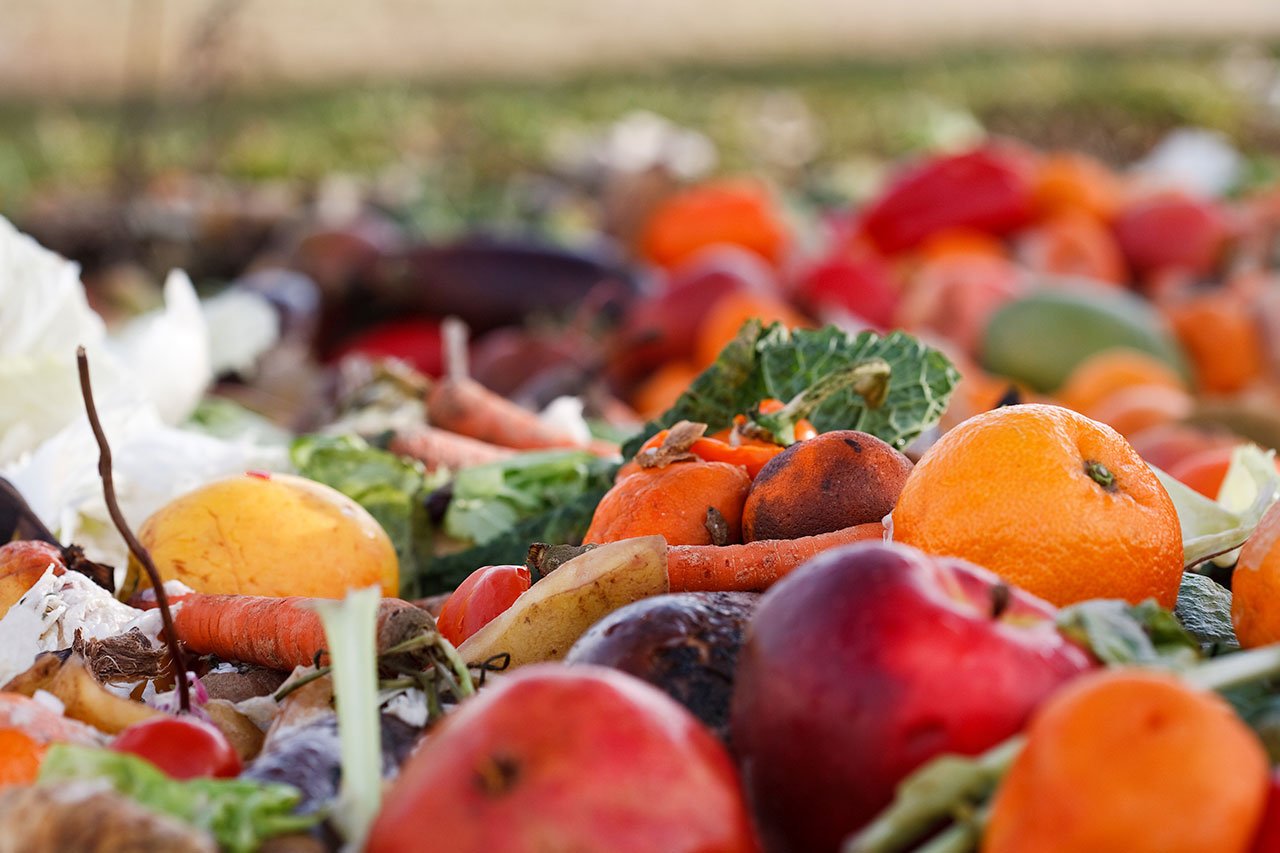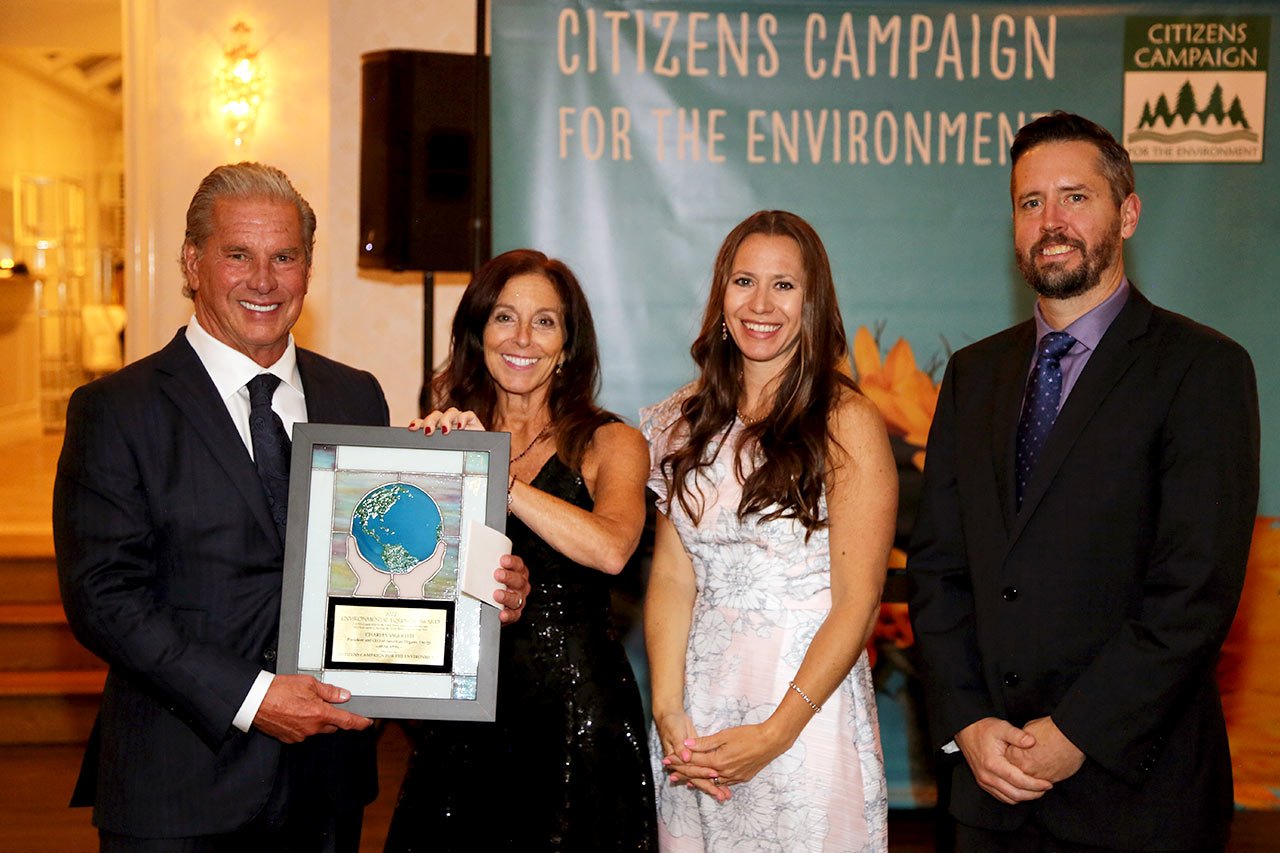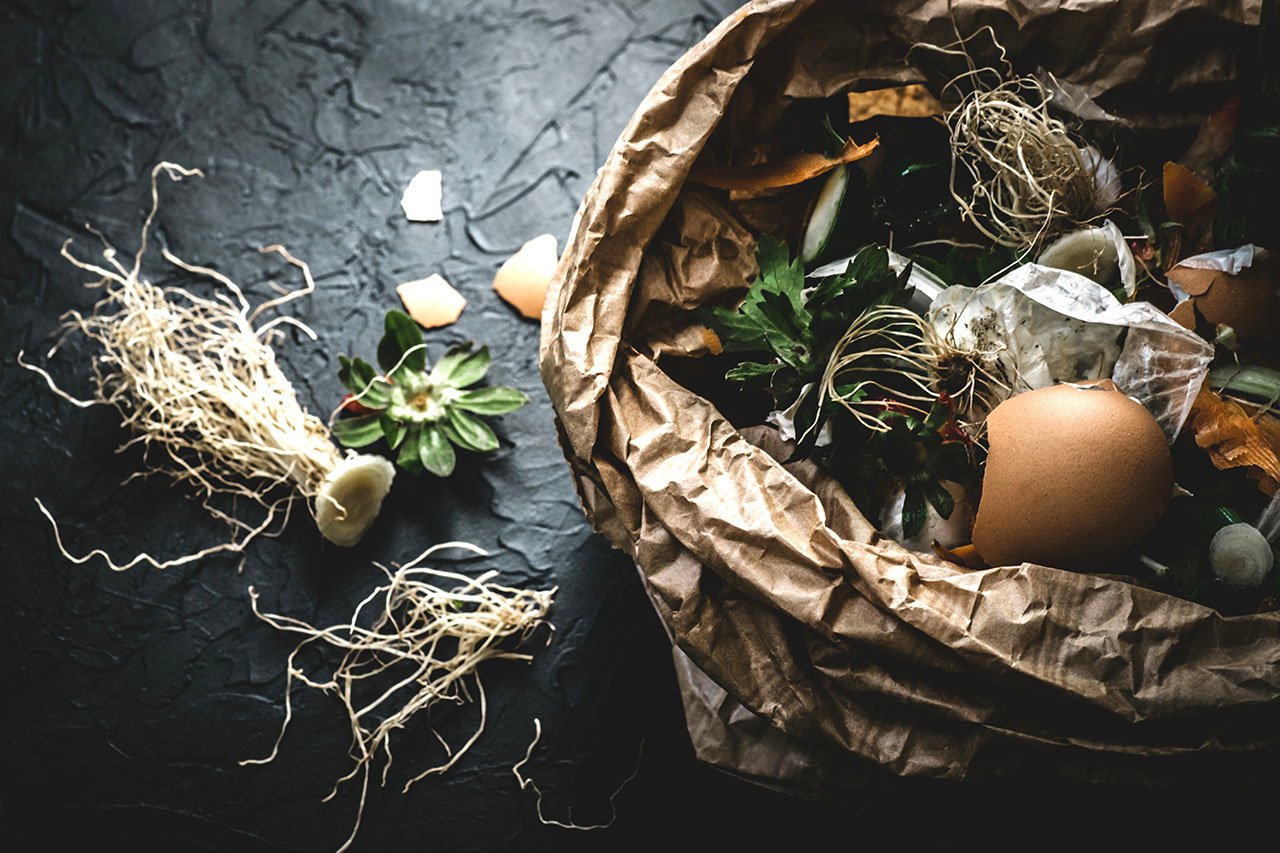When weighing the benefits of starting an organic garden, a major factor is always cost efficiency. While organic soil is typically more expensive than its inorganic alternatives, the long-term benefits far outweigh the immediate financial investment.
Whether gardeners choose to craft their own organic blends using compost, manure, and other natural ingredients—or opt to purchase blends sold at regional garden suppliers—they can rest assured that the custom composition is designed to continually nurture those plants, produce, and other seedlings.
Natural Nourishment
The idea with gardening is to feed the soil, not the plant. By fixating on chemical fertilizers to provide “nutrients,” the necessary base of nutrition is often overlooked. It is the addition of organic amendments which innately cause dirt to come alive; as these decompose over time, they create beneficial bacteria, fungi and nutrients needed to ensure plants are able to continue to flourish.
Amendments are also proven to improve texture, bringing added substance to sandy soils, as well as improving drainage in those with a higher ratio of clay. They can also serve as a buffer against common deficiencies relating to soil pH, leveling instances of high acidity or alkalinity, and leading to healthier roots for those plants grown.
The origins of poor soil quality date back to the establishment of the yard from leftover dirt, culled from layers that have been scraped up to install pipes, pour foundations, and build homes. When lawns are seeded and shrubs planted in these chemically manipulated wastelands, plants are often quickly depleted after the initial jolt from fertilizer.
If cultivating your own amendments has appeal, it may be reassuring to hear that basic supplies are fairly inexpensive.
Compost can take up to a year to manufacture, so it’s wise to start a compost bin in advance, to prepare for the upcoming season. If the need is more immediate, custom blends can be picked up at most garden supply stores.
Mulch can be comprised of natural elements such as leftover leaves, straw, and grass clippings. For a finer texture, run them through the mower or weed eater. This repurposed mulch is often the best choice for gardens, as it’s uniquely equipped to hold moisture and reduce water consumption.
As a general rule, it’s recommended to plant those items that are best suited to your native climate and soil. Your local nursery can advise of the ideal candidates, which won’t require as much chemical support. Additionally, co-planting can assist vegetables, herbs and fruits by virtue of their symbiotic relationship—a popular combination is corn, beans, and winter squash.
Utilizing these tips will ensure the investment you make into organic soil will have high returns for many years to come.
For further information on organic soil, amendments, composting and more, contact Long Island Compost today.
